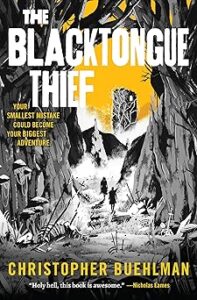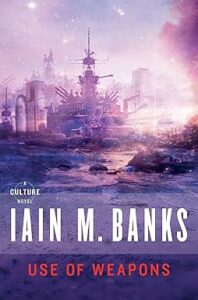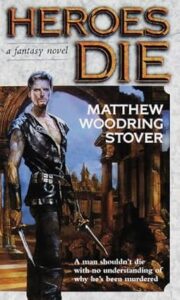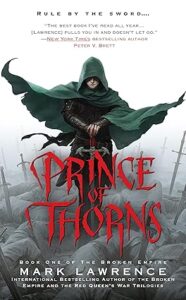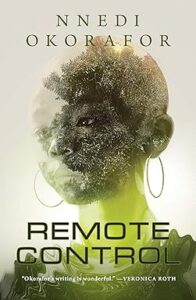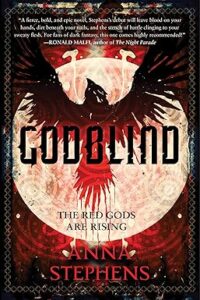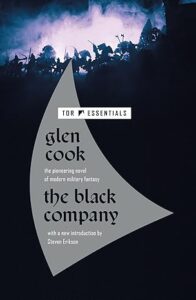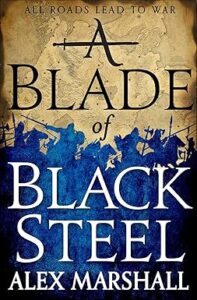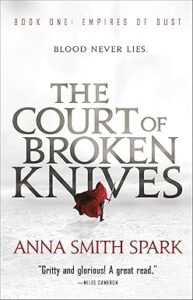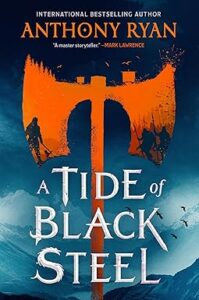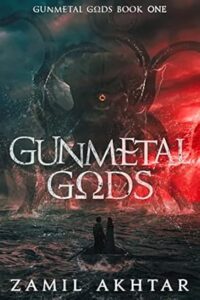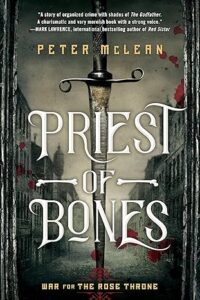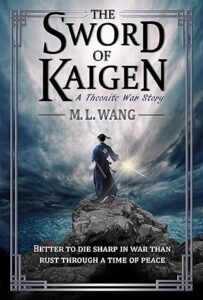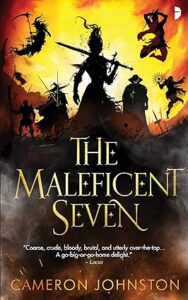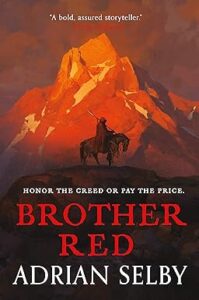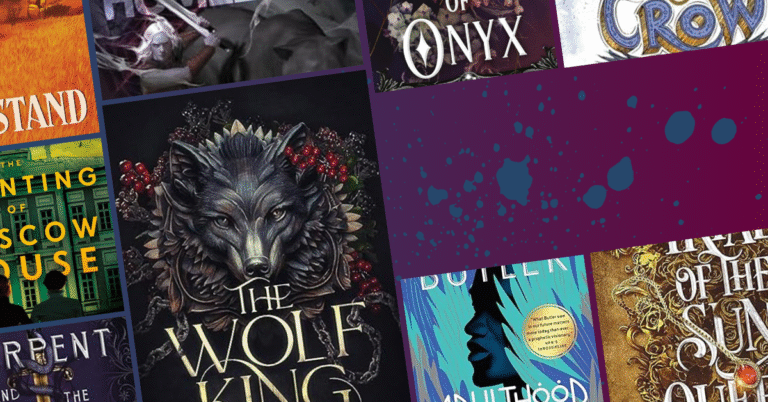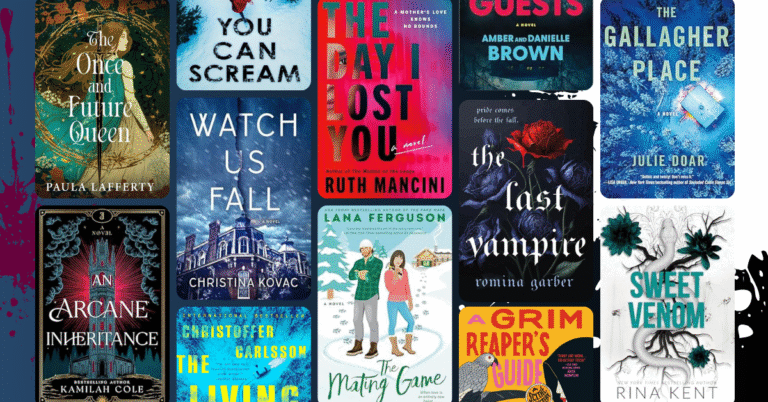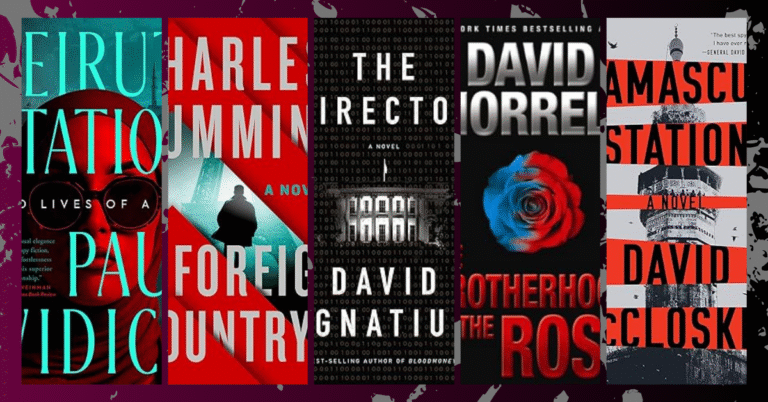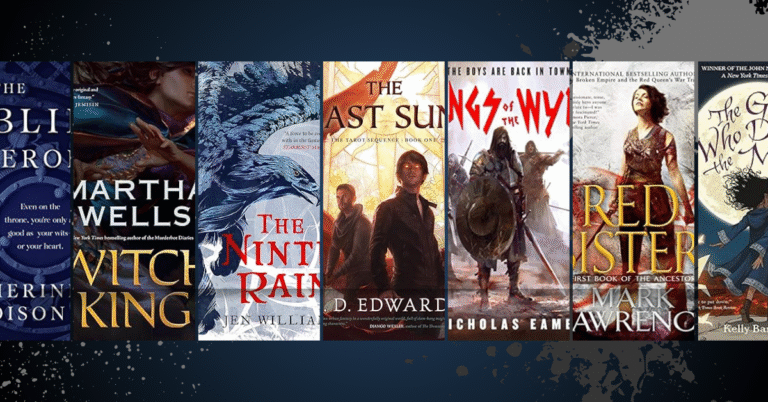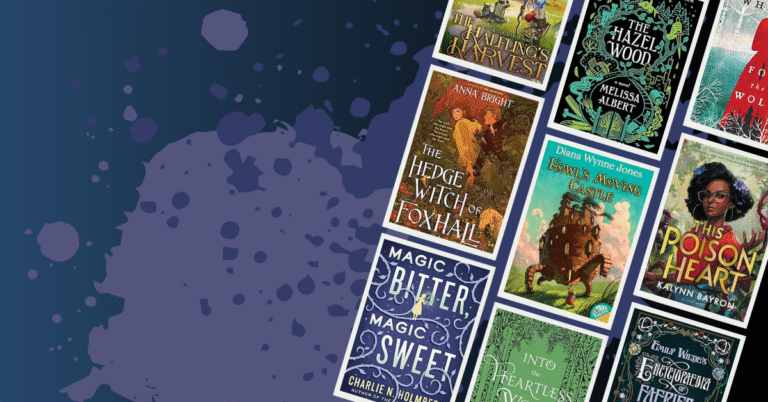Grimdark fantasy books: when fantasy goes full nihilist
Some fantasy promises you chosen ones, happy endings, and maybe a talking animal sidekick. Grimdark fantasy books promise none of that.
In fact, if a dog shows up, you should probably worry. This is the subgenre where hope is rationed, betrayal is a team sport, and survival usually costs more than you’re willing to pay.
And yet… you keep turning the pages. Around these parts, we call that Stockholm syndrome.
What Makes Grimdark, Well, Grimdark?
Grimdark thrives on moral ambiguity.
Heroes? Please. These are people who make “the lesser evil” look like a luxury.
Villains? Sometimes they’re just the protagonist with better PR.
The worlds are brutal, the politics bloodier, and the plot armor is so thin it might as well be tissue paper.
It’s not about good triumphing over evil, it’s about who can crawl out of the wreckage with their soul only mostly intact.
The term itself came from the Warhammer 40,000 tagline: “In the grim darkness of the far future, there is only war.”
Over time, readers adopted “grimdark” to describe any fantasy setting where cynicism reigns, the stakes are unforgiving, and justice is an optional side quest.
It’s a space for messy people making messy choices in worlds that don’t care about them—at least, not kindly.
Why We Love the Pain
So why do readers love grimdark fantasy books?
Maybe it’s catharsis. Maybe it’s the adrenaline rush of knowing no one is safe.
Or maybe it’s the delicious satisfaction of watching fictional worlds burn while ours, for once, feels surprisingly stable by comparison.
Series like A Song of Ice and Fire or The Witcher showed the mainstream what fantasy could look like when it trades idealism for grit—and fans lined up for more.
If you’re ready for a reading experience where hope is scarce, victories are costly, and you might just end up rooting for the villain, you’ve found your next obsession. Don’t say we didn’t warn you.

